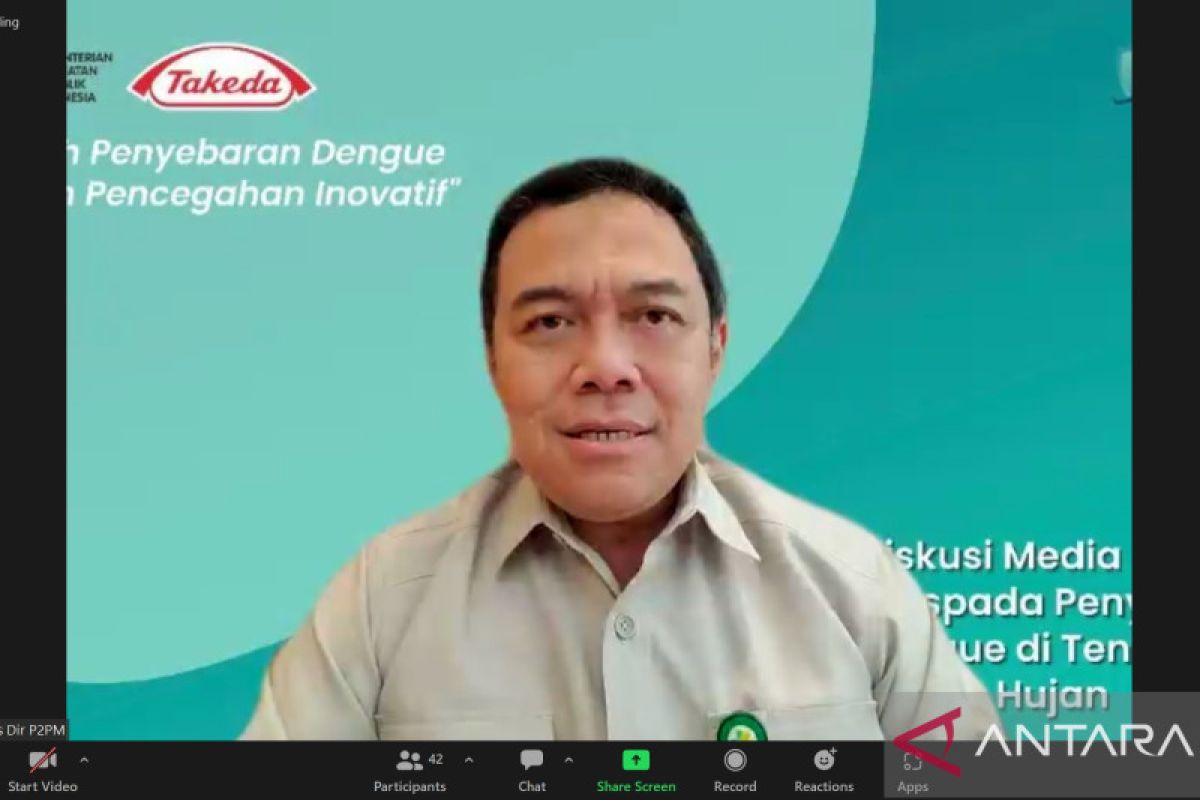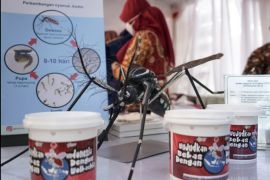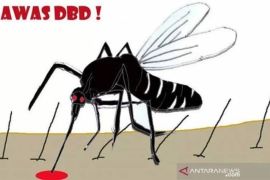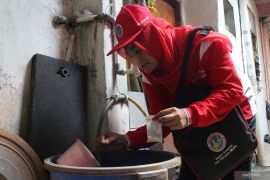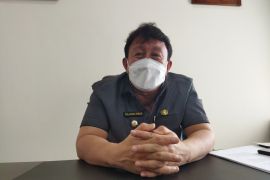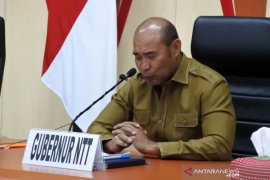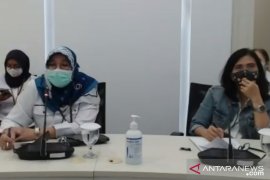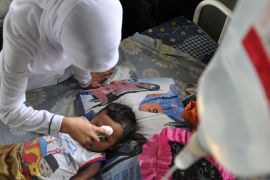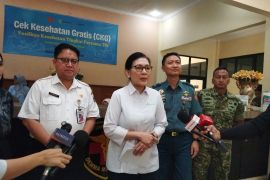"We need to take substantial and important actions to reduce endemicity," the ministry's Director of Communicable Disease Prevention and Control (P2P) Imran Pambudi said at an online seminar on “Beware of Dengue Spread in the Middle of the Rainy Season,” which was followed from Jakarta on Monday.
As per data on the distribution of DHF cases collected by the ministry until the 39th week of 2022, the dengue incidence rate (IR DHF) this year has reached 34.33 percent, with the case fatality rate (CFR of DHF) pegged at 0.90 percent.
The dengue virus, which belongs to the arthropod-borne virus (arbovirus) group, has four virus serotypes, namely DEN-1, DEN-2, DEN-3, and DEN-4, Pambudi informed.
In Indonesia, the most dominant serotype is DEN-3, which is associated with severe fever and wide distribution.
In terms of case distribution, the six provinces with the highest number of dengue cases until the 39th week were West Java (27,657 cases), Central Java (8,760 cases), East Java (8,356 cases), Jakarta (5,632 cases), North Sumatra (5,302 cases), and East Kalimantan (3,531 cases).
Cumulatively, the number of deaths due to dengue fever until the 39th week of 2022 stood at 853, with the most fatalities recorded in West Java (249), Central Java (185), East Java (108), North Sumatra (29), East Kalimantan (26), and South Sumatra (21).
“There is one interesting thing, although the number of cases in Jakarta is high, the death toll is zero. Thus, besides prevention, the diagnosis of case management is very important to reduce the death toll," Pambudi said.
Related news: Health facilities must utilize university research products: Ministry
Dengue control relies on cooperation between the government and the community in the form of mosquito nest eradication (PSN) along with 3M Plus, namely draining and scrubbing water reservoirs, closing water reservoirs, and recycling used goods, he explained.
"3M Plus also includes keeping fish that eat mosquito larvae, using mosquito repellent, installing screens on windows and ventilation, and placing used clothes in closed containers," he added.
Meanwhile, Head of APAC Medical Affairs Takeda Asia-Pacific Goh Choo Beng said that dengue fever is one of the biggest health threats in Indonesia. Indonesia is also one of the countries that are most affected by dengue, he added.
As a dengue hyperendemic area, Indonesia has a fairly high trend of cases during the season transition, which usually begins in October.
Therefore, his party is trying to help the government by increasing public education on DHF and providing the Dengue Tetravalent Vaccine, which has been approved by the Indonesian Food and Drug Supervisory Agency (BPOM), to achieve zero dengue deaths by 2030.
Related news: Be vigilant against dengue fever cycle during rainy season: Ministry
Translator: Hreeloita Dharma S, Resinta S
Editor: Rahmad Nasution
Copyright © ANTARA 2022
